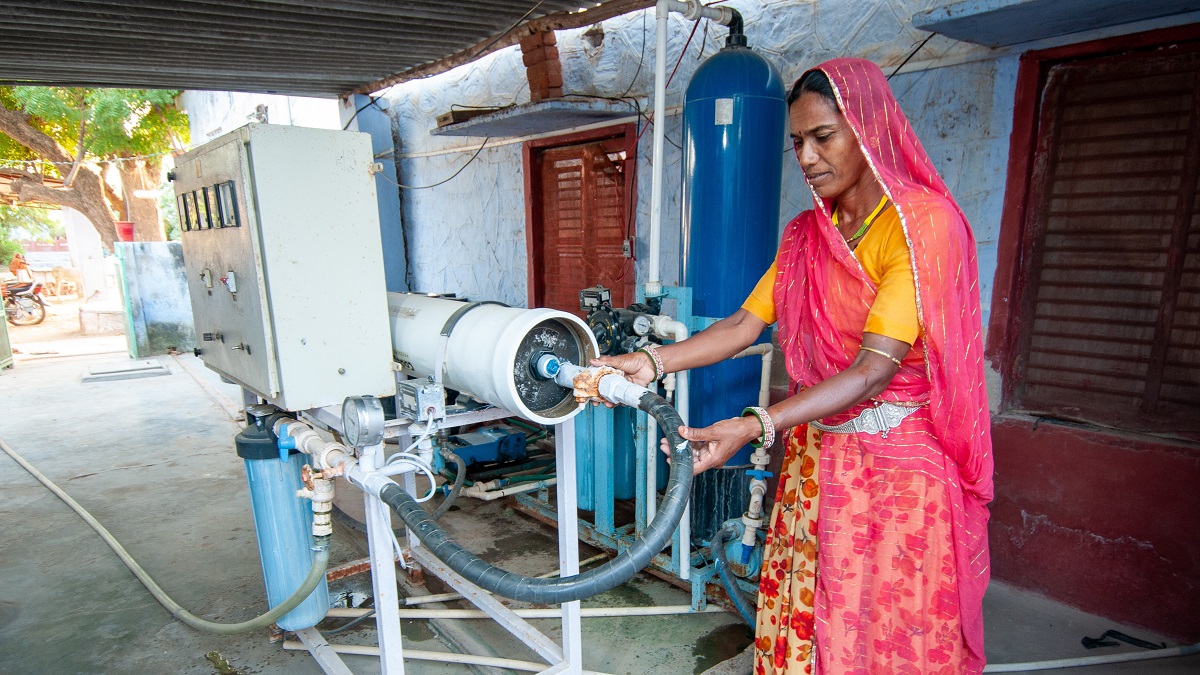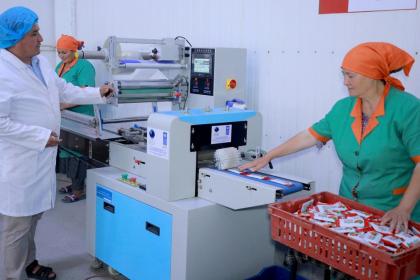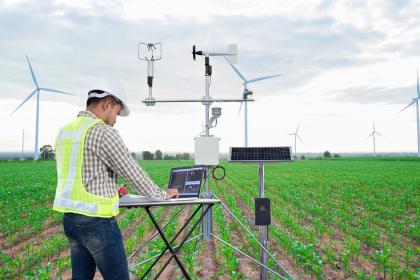UNCTAD releases a practical guide to support developing countries to facilitate investment to meet sustainable development needs.

© Shutterstock/ PradeepGaurs | Investments in rural infrastructure are key to achieving sustainable development and leaving no one behind.
To shore up funding for the UN Sustainable Development Goals (SDGs), countries need more proactive and tailored services for investors.
An estimated $4 trillion is required in developing countries annually to achieve the SDGs.
A new UNCTAD publication entitled “Facilitating investment in the Sustainable Development Goals” outlines how investment promotion agencies (IPAs) can be a game changer, as they are the focal point for government-wide efforts to facilitate foreign investment.
UNCTAD recommends ways for IPAs to help bolster SDG implementation through investment facilitation.
“They (IPAs) can do this by ensuring that investment facilitation services are inclusive and address the specific needs and opportunities of SDG-related sectors as well as of specific investor groups that have a high SDG impact, such as social entrepreneurs and women, youth and rural investors,” the publication says.
Uneven landscape
While sustainable investment continues to grow, such financing remains heavily concentrated in the world’s richest economies.
Also, most of it goes to sectors related to climate change adaptation such as renewable energy, and far less towards sectors such as health, education, water and sanitation.
For developing countries with relatively scarce resources, it’s vital for IPAs to ensure a greater sustainable development impact from investment.
Why investment facilitation matters
IPAs’ work largely falls in between promotion and facilitation. To drive SDG investment projects, both areas need to connect seamlessly.
Investment facilitation aims at making it easier for investors to establish and expand their investments, as well as conduct their day-to-day business in host countries.
This can happen through providing relevant information, making rules and regulations more transparent and streamlining administrative procedures for investors.
Investment facilitation is therefore usually considered less suitable for attracting investment, including in SDG sectors, which can involve investor targeting and selective incentives.
But once investor interest in a location and a project is triggered, facilitation is needed to win the investor’s project and develop it over time.
Time for change
To proactively facilitate investment in the SDGs, UNCTAD advocates for a change in operations.
This starts with developing SDG project pipelines by prioritizing sectors where funding is needed the most, defining related targets and preparing relevant investment project profiles.
When establishing a project, IPAs can assist in filling in the information gap by pointing investors to potential partners and incentive programmes.
After project kick-off, IPAs can provide aftercare services – such as supplier databases and sustainability advisory services – to continue building trust and ensuring that as investments grow, expand or transform, they keep contributing to the SDGs.
UNCTAD highlights the need for stronger knowledge management of insights and lessons learned on SDG investment. IPAs can feed into policy advocacy to enhance the investment climate.
Partnerships for a better investment ecosystem
To tap into a growing investor base for SDG projects, IPAs need to expand their network of stakeholders within and outside the public sector.
They can forge new partnerships with local governments and national ministries dealing with SDG-related investment opportunities, including projects in health, education and the environment.
Besides, IPAs can reach out to non-traditional investors – such as development banks, institutional investors and non-governmental organizations – to create technical and financial partnerships to support SDG investment projects.
Promise of digital tools
To stay competitive in a digitalized economy post COVID-19, IPAs have increasingly turned to digital platforms to conduct many of their promotional and facilitation services.
Some examples include guided virtual tours, project monitoring platforms and incentive calculator tools.
While digitalization has the potential to strengthen the SDG impact of investment facilitation services, the publication cautions that the benefit is not automatic.
Instead, IPAs should ensure that SDG information is integrated across their digital tools and systems to allow for the tracking of impact and adjustment of policies and practices when necessary.
Investment advisory series
The publication is part of UNCTAD’s investment advisory series, which provides practical advice and case studies of best policy practice for attracting foreign direct investment that contributes to sustainable development.
The series draws on the experiences gained in UNCTAD’s capacity- and institution-building work in developing countries and economies in transition.



